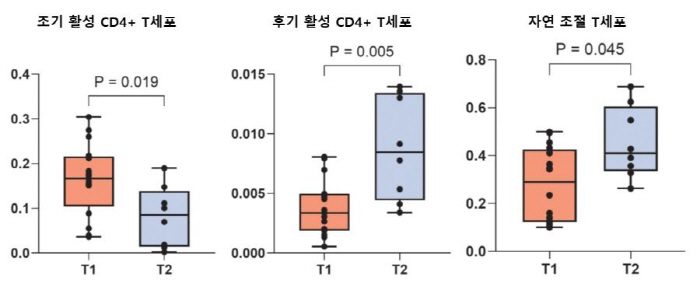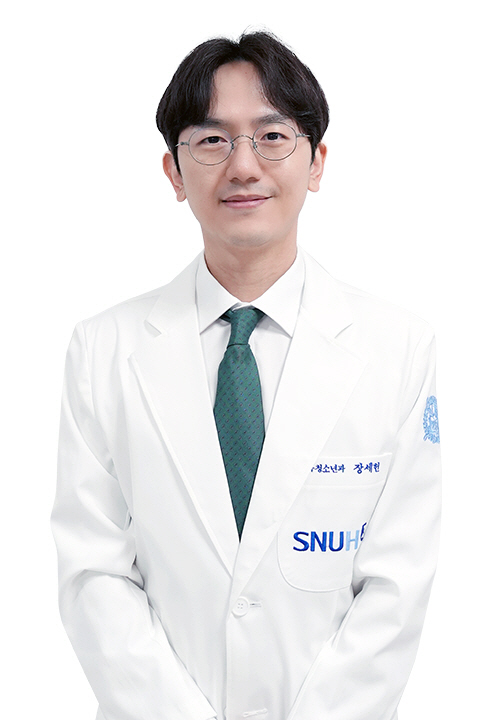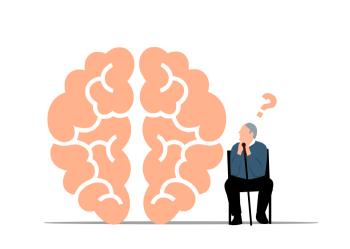Oral Immunotherapy to Eat Little by Little, Identify the Treatment Mechanism of Egg Allergy
Sep 11, 2025
|
Eggs, along with milk and peanuts, are considered a major cause of childhood food allergies. Children with allergies show symptoms such as hives and shortness of breath even if they eat a little of the food, which limits their daily lives, and parents are always forced to take care of their children under tension.
To solve this problem, oral immunotherapy, which starts with a small amount of food, which is the cause of allergies, gradually increases the intake and reduces allergic reactions, has recently attracted attention. However, it is not sufficiently known how immune cells in the body change during the treatment process.
In response, Professor Jang Se-heon's team conducted a study to see how immune cells in the body of children with egg allergies change during oral immunotherapy. In particular, it focused on finding out how immune cells, which circulate through the blood and have various effects on our body's immune system, change before and after treatment.
The study was conducted on 16 children aged 3 to 12 years diagnosed with egg allergies. In the incremental period of gradually increasing the intake, the children consumed boiled egg whites tailored to the individual daily, and increased their intake by 5% daily or 25% weekly while evaluating symptoms regularly. Since then, children have been maintained at least four times a week to consume more than 40g of egg whites per day, and as a result, 15 children have no problem even if they consume up to 60g per day.
After that, blood was collected from 8 randomly selected out of 15 people to analyze immune cell changes. A total of 106,955 cells were investigated by single-cell transcriptome analysis techniques and classified into major groups such as CD4+ T cells, CD8+ T cells, and regulatory T cells, and changes in immune cell composition and gene expression before and after treatment were compared. CD4+ and CD8+ T cells are divided into early and late cells according to the activation stage, and regulatory T cells are divided into natural and end-induced regulatory T cells according to their origin.
Studies have shown that early-active CD4+ T cells that cause acute allergic reactions have decreased, and late-active CD4+ T cells and fully active CD8+ T cells that reduce immune responses and function regulatory have increased. In addition, naturally regulated T cells that inhibit allergic reactions and maintain immune balance also increased, showing that oral immunotherapy can fundamentally treat food allergies.
As supporting these results, the 15 children in the study were able to safely consume at least 10 g of egg white for more than 27 months after the study was completed. In addition, egg-specific antibodies (lgE) that cause allergic reactions were reduced, and egg-specific antibodies (lgG4) that act as inhibitors were increased.
This study is significant in that it not only proved the effectiveness of oral immunotherapy, but also scientifically proved that allergic reactions can be fundamentally controlled through changes in immune cells and antibodies.
Professor Jang Se-heon of the Department of Pediatrics and Adolescents at Seoul National University Bundang Hospital said, "I hope this study will be a new hope for the treatment of food allergies, which have been a great burden for children and their parents."," he said.
Meanwhile, the study was published in the international journal 『Asian Pacific Journal of Allergy and Immunology』.
|
This article was translated by Naver AI translator.















